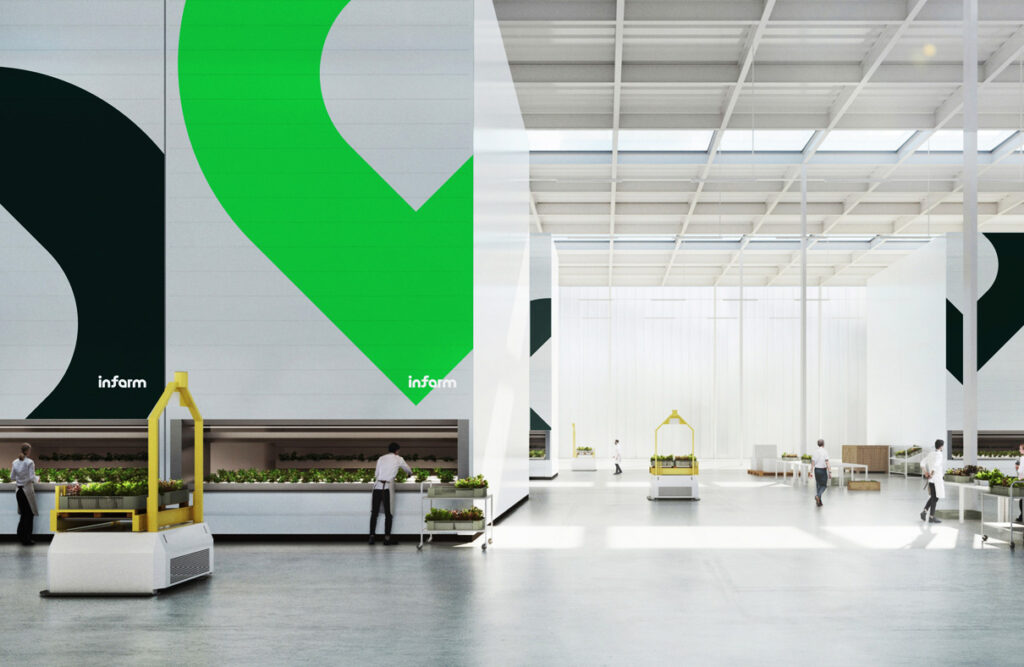Desperate times call for desperate measures and at Infarm, Europe’s most highly funded vertical farming company, those measures involve the reduction of production sites and the laying off of ‘around 500 employees’. This will see Infarm cut half of its workforce only a year after it raised US$200 million in Series D funding.
Faced with rising energy costs (doubled in Europe) and growing inflationary pressures, so soon after the logistical impacts of the global pandemic, Infarm’s management team has had to rapidly rethink its initial belt-tightening exercise of just 50 redundancies announced in September.
‘We must admit that our assessment was too optimistic. We take full responsibility for that.” the company told its staff via email. “Economically, this is a difficult period across the globe and many people and businesses are impacted.’
‘Exact numbers are still to be determined, but current proposals mean that over half the workforce (around 500 employees) will leave the company.’
Dealing with escalating energy prices and tough financial markets
With operations across Europe, Canada, Japan, and the US, the Berlin-based firm is making a significant strategy shift and ‘accelerating its drive towards profitability’. Infarm will focus on Growing Centres where there is a clear path to profitability in 2023 and consolidate those where this cannot be achieved in the near term.
Actions announced as part of Infarm’s strategy shift include:
- Downsizing operations in the UK, France and the Netherlands.
- Consolidating farming capacity to Growing Centres in core markets of Frankfurt (Germany), Copenhagen (Denmark), and Toronto (Canada).
- Relocating modular ACRE farming units to these newly defined core markets.
- Optimising InStore farming network to key clusters.
- Reviewing operations in Japan.
In the core markets outlined above, Infarm already has strong retailer relationships and has secured contracts of significant volume which the firm believes will see it achieve profitability in 2023. Infarm will also continue to open a Growing Centre in Baltimore (Maryland, US) to serve the tri-state area.
Infarm’s strategic announcement also states that ‘by prioritising our high-yield industrial scale farming units (ACREs) we will continue to reduce production costs and resource use resulting in better-priced and more sustainable produce for consumers. We have already achieved yields of more than 100 kg/ m2/year for herbs, 150 kg for lettuce and have record breaking harvest performance of more than 95%.’
With dependence on costly energy, vertical farming companies are facing obvious pressures to identify new ways to be profitable. The industry faces tough times with strategic changes likely to be repeated elsewhere and consolidations are expected. That said, vertical farming does retain its financial and sustainability advantages in the form of reduced land, less water, lower fertiliser costs, reduced costs of transporting produce and increased speed of output / yield – these continue to give vertical farming an edge over traditional agriculture.



